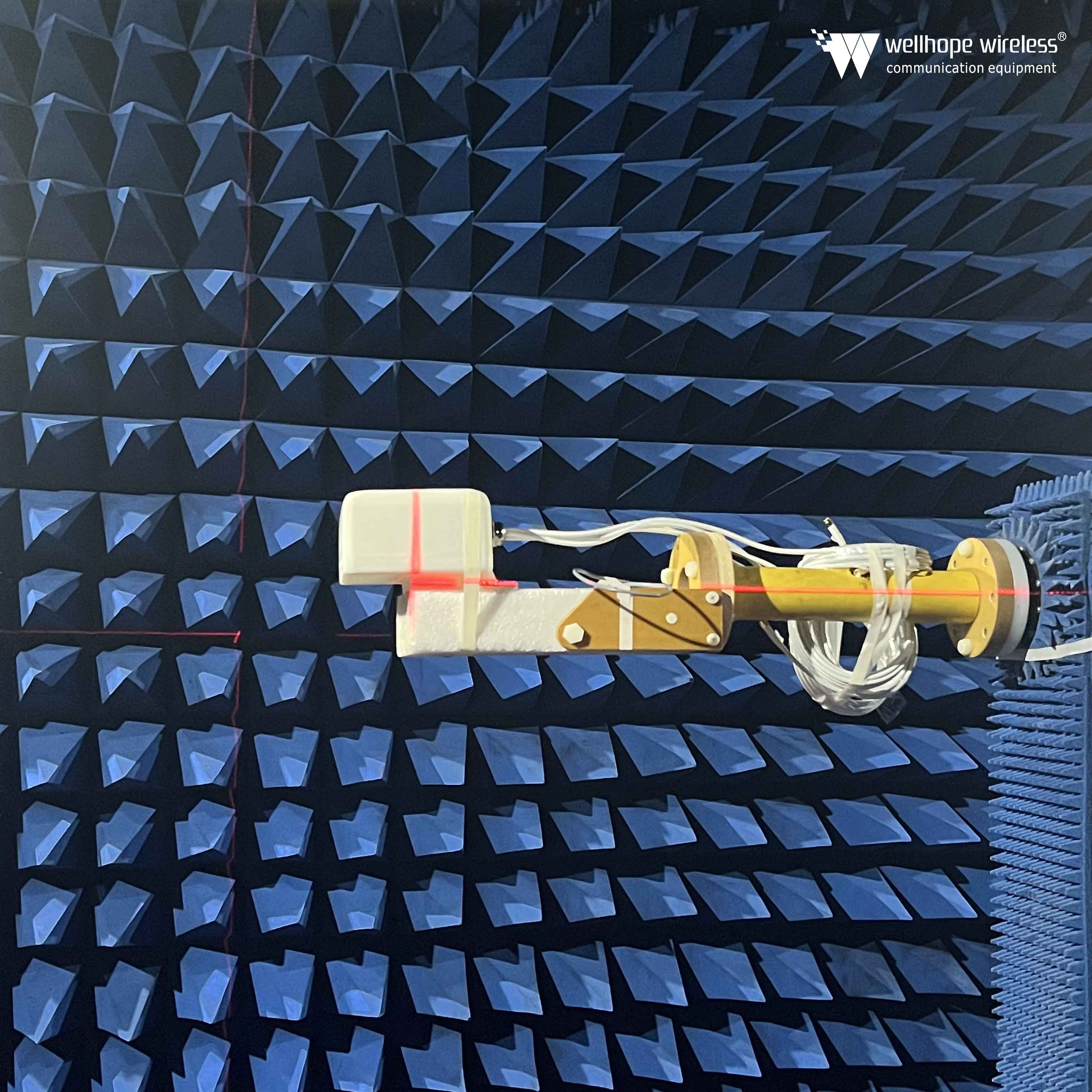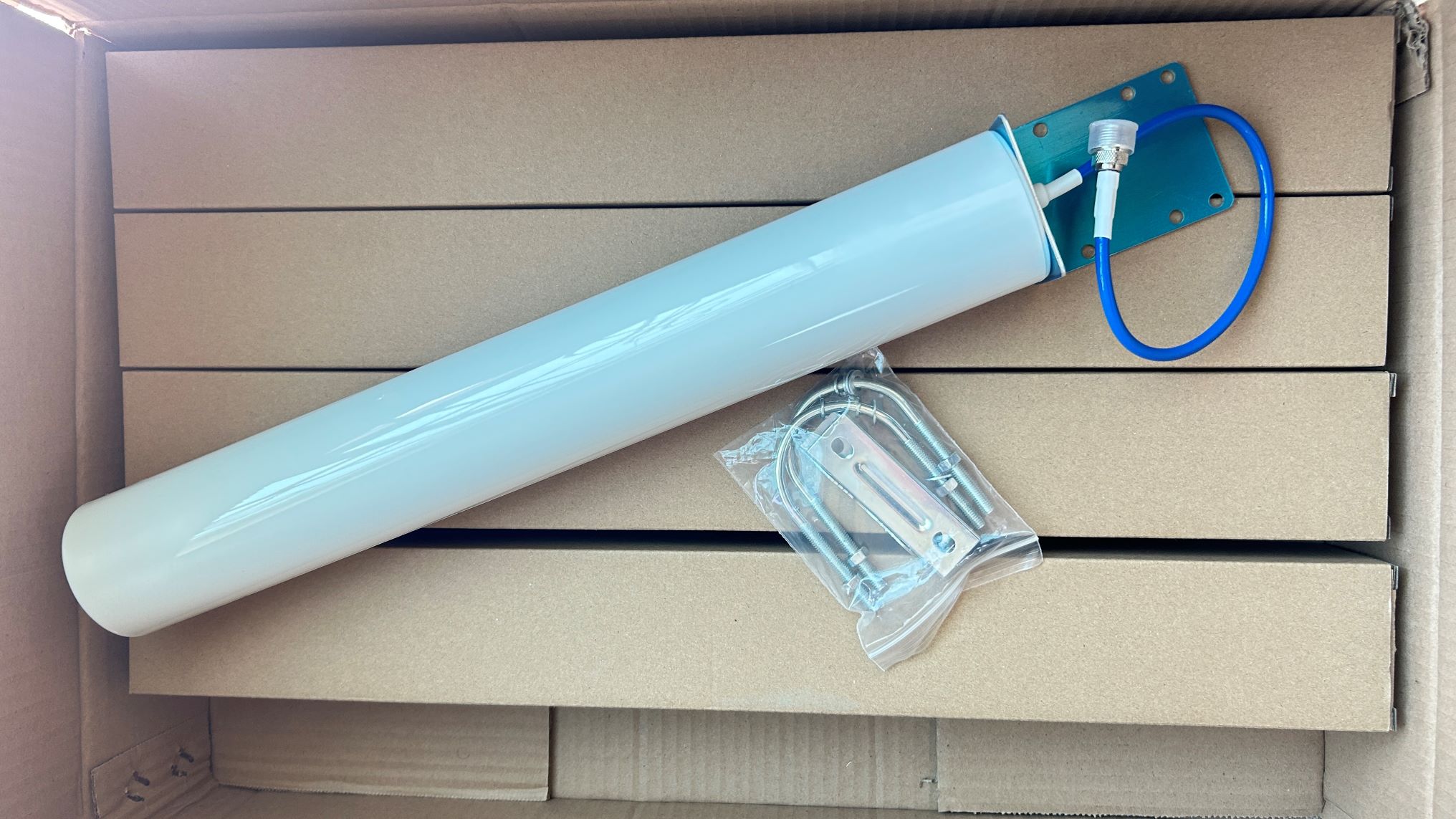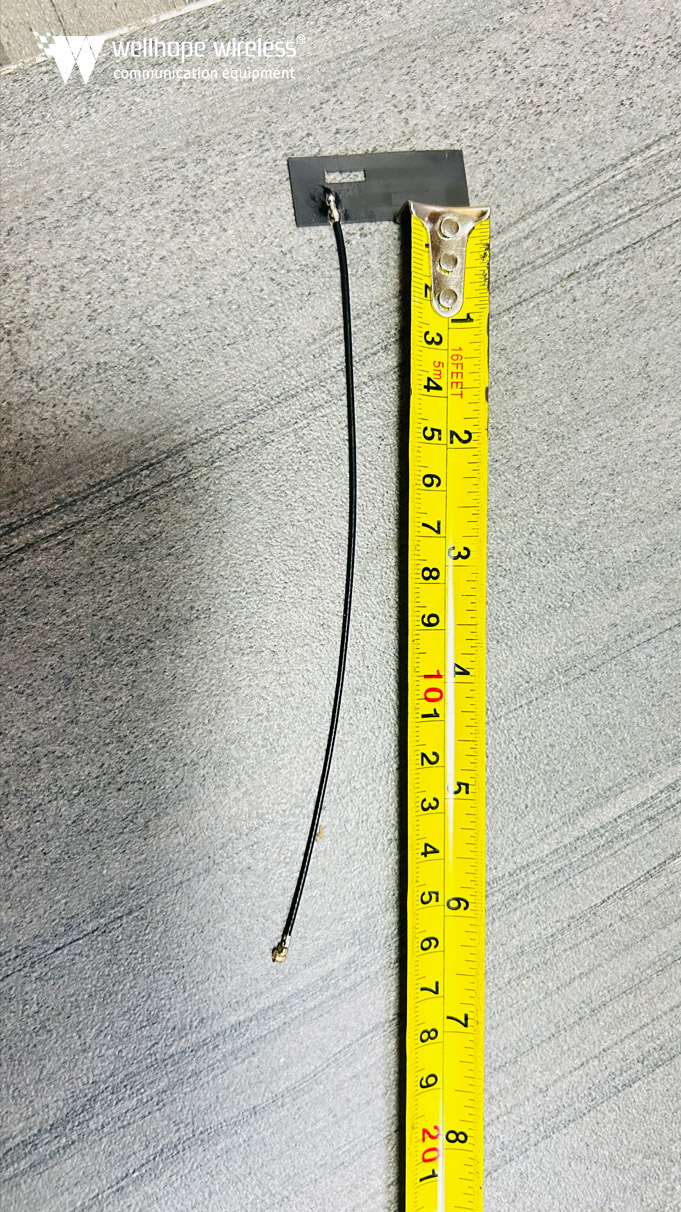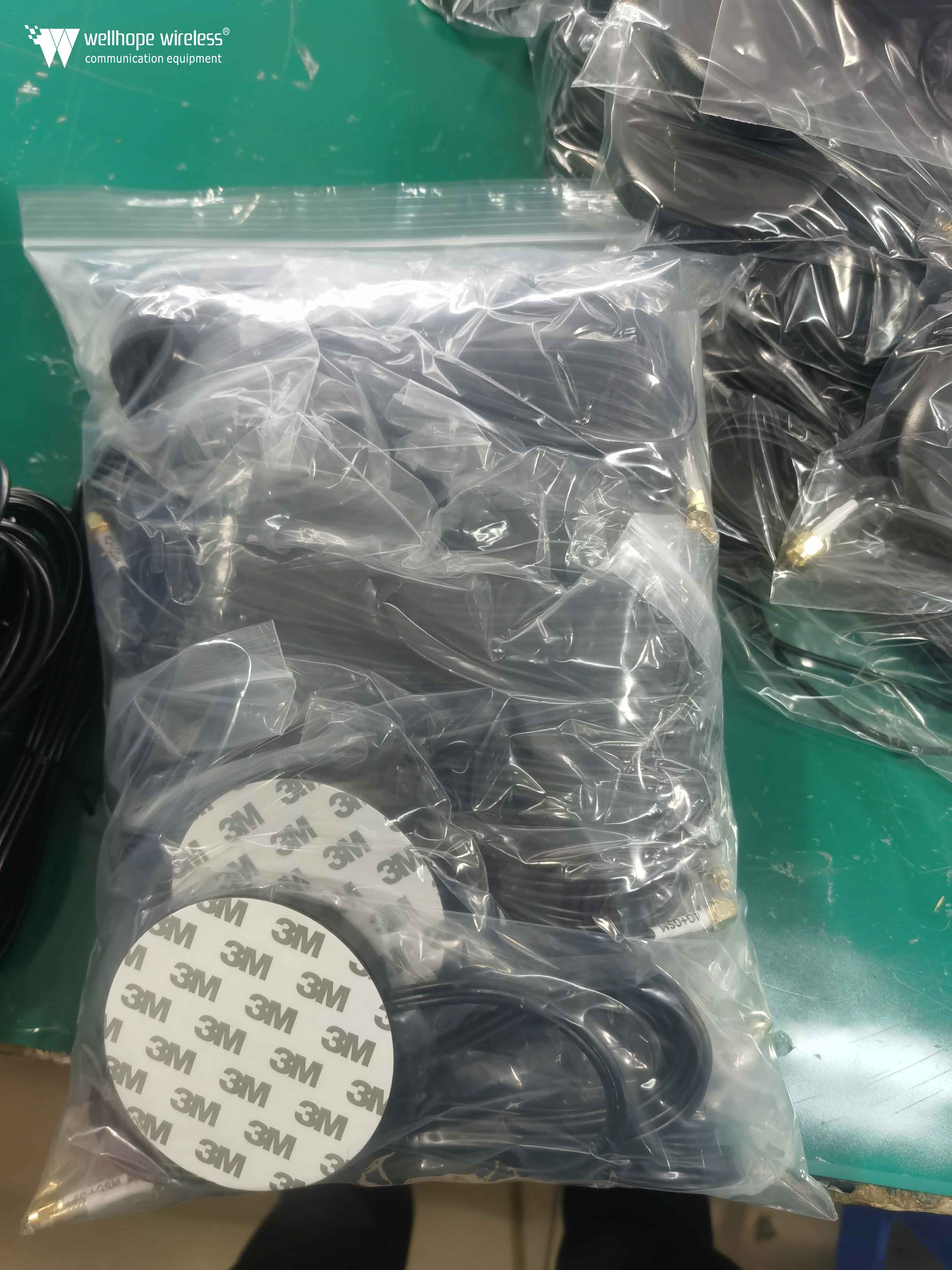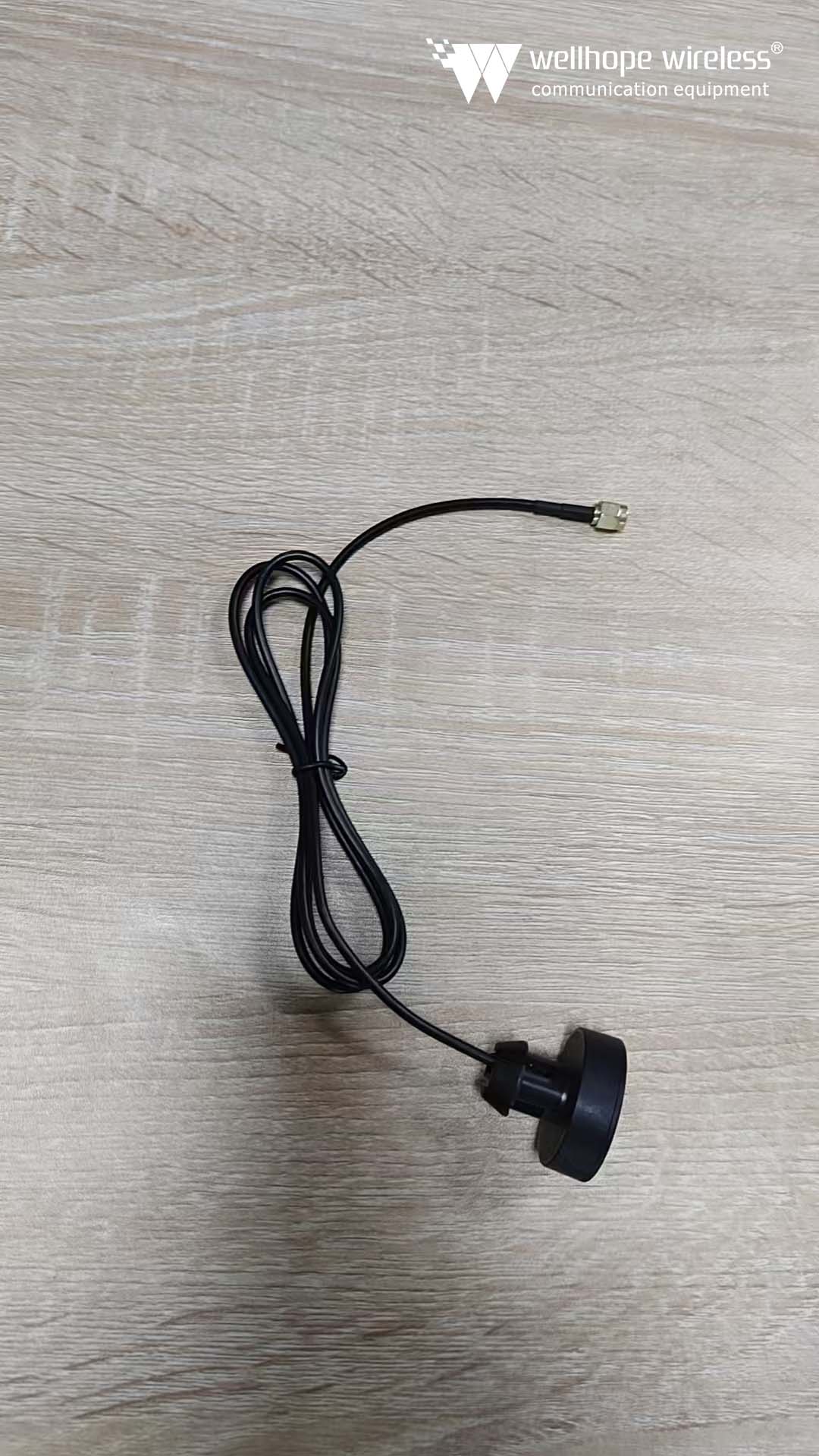Soluzione di test di schermatura a onde millimetriche per aiutare la comunicazione a onde millimetriche 5G
Circa 8 minuti per terminare la lettura
Lo sviluppo della tecnologia 5G è stato estremamente rapido negli ultimi anni e presenta alta velocità, bassa latenza e ampia connettività. Le attuali soluzioni 5G sono suddivise in onde millimetriche e Sub- 6GHz , ad eccezione di Sub-6GHz che ora si sta sviluppando a un ritmo rapido, anche il progresso delle onde millimetriche sta cambiando di giorno in giorno. L'onda millimetrica, come suggerisce il nome, è un'onda elettromagnetica con una lunghezza d'onda compresa tra 1 e 10 mm, e ora non è più solo a livello di ricerca, ma sta rapidamente entrando nel livello commerciale e coprendo gradualmente la periferia vivente.
With the popularity of 5G cell phones, we will find that the Sub6 crowded channel environment can no longer meet the user demand for high data volume and high speed, so the major cell phone manufacturers are gradually looking at millimeter wave. It can be said that millimeter wave is the direction of the next generation of cell phones, so as to meet the general public in the streaming media era for the increasingly high data transmission rate requirements.
However, there are still some problems with the rapidly developing new 5G standard, millimeter wave is too "fragile" compared to Sub6, so it is easy to be blocked by the body, walls, clothes and even phone cases.
Nowadays, there are more and more materials and styles of cell phone cases with the needs of the public, metal cases look beautiful, feel and heat dissipation, drop resistance, but easy to signal shielding problems, and with the widespread use of 5G, wireless charging and other new wireless transmission methods, this will become an urgent problem, the application of silicone, plastic, leather and other materials are gradually hot up. So how will these different material cases affect the phone's millimeter wave antenna?
How to evaluate and select a suitable material for a 5G millimeter wave cell phone when it needs to be equipped with a cell phone case, which is an inevitable problem for cell phone design manufacturers, how to quickly and easily realize the barrier analysis of the material in the early stage, and how to efficiently and economically conduct sampling and verification in the production line? What means are available to analyze the millimeter wave blocking performance of various materials?
The handheld millimeter-wave barrier test solution can complete the test of barrier materials anytime and anywhere, and can be adjusted according to demand, greatly reducing the time required for preliminary material testing, combined with the storage capacity of the device itself, only one test, one export, can directly realize the analysis and comparison of multiple materials, while ensuring the accuracy of the results can greatly save the engineer's time. It can save engineers' time while ensuring accurate results. In addition, it provides a modular millimeter wave barrier measurement solution for production line testing, which enables efficient and economical testing of multiple samples and comparison with design conditions, thus verifying the production quality of products and generating timely reports.

The entire test process uses a "receive and transmit" format, where a handheld signal generator or mini-signal generator can be used to transmit a specific frequency, specific power signal, through the directional antenna constraint to a certain direction, through the object to be measured on the other side of the real-time spectrometer or Hongke handheld spectrometer to receive the signal, and feedback received at that frequency. And feedback received on the frequency of the signal power size, so that the measured attenuation effect to respond to the material barrier and masking ability.


















 notizia
notizia

